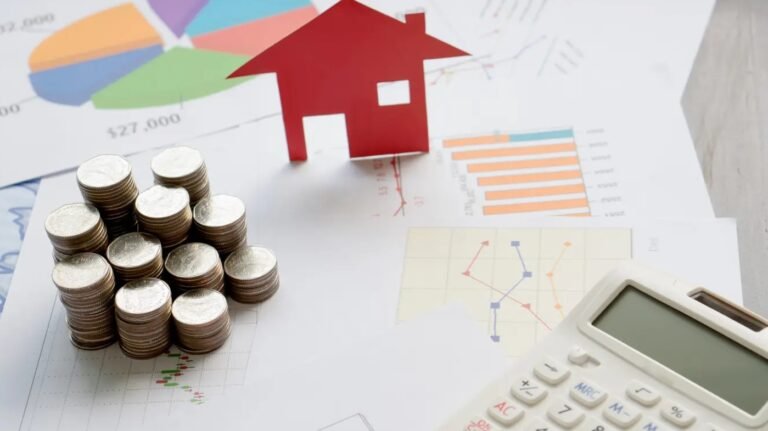Selling real estate in Switzerland can be a profitable venture, but it also comes with tax obligations, particularly the Grundstückgewinnsteuer (real estate gains tax). Whether you’re a homeowner, investor, or simply planning to sell property, understanding this tax is crucial to avoid unexpected liabilities. In this guide, we’ll explore what Grundstückgewinnsteuer is, how it’s calculated, exemptions, and key considerations for Swiss property sellers.
What Is Grundstückgewinnsteuer?
Grundstückgewinnsteuer is a capital gains tax imposed on profits earned from the sale of real estate in Switzerland. Unlike income tax, which applies to regular earnings, this tax specifically targets the appreciation in property value between purchase and sale. The tax rates and regulations vary depending on the canton where the property is located, making it essential to understand local rules.
How Is Grundstückgewinnsteuer Calculated?
The calculation of Grundstückgewinnsteuer depends on several factors:
- Profit Determination – The taxable gain is the difference between the selling price and the original purchase price, adjusted for inflation and eligible expenses (e.g., renovation costs).
- Holding Period – Many cantons apply a progressive tax rate where the longer you hold the property, the lower the tax rate. Some cantons may even exempt properties held beyond a certain period (e.g., 25 years).
- Cantonal Variations – Each canton sets its own tax rates. For example:
- Zurich applies a progressive rate ranging from 10% to 30%.
- Geneva has a flat rate of around 12.5%.
- Lucerne offers reductions for long-term ownership.
Example Calculation:
- Purchase Price (2010): CHF 500,000
- Selling Price (2024): CHF 800,000
- Eligible Expenses (renovations): CHF 50,000
- Taxable Gain: CHF 800,000 – (CHF 500,000 + CHF 50,000) = CHF 250,000
- Tax Rate (Zurich, held for 14 years): ~20%
- Tax Due: CHF 250,000 × 20% = CHF 50,000
Exemptions and Reductions
Some scenarios may reduce or exempt you from Grundstückgewinnsteuer:
- Primary Residence Exemption – If the property was your main home and you lived in it for a minimum period (varies by canton), partial or full exemptions may apply.
- Inheritance & Gifts – Properties acquired through inheritance or gifts may have different tax treatments.
- Tax Deferral – Some cantons allow deferral if proceeds are reinvested in another property within a set timeframe.
Key Considerations When Selling Property
- Document All Expenses – Keep records of improvements, maintenance, and transaction costs to reduce taxable gains.
- Check Cantonal Rules – Tax rates and exemptions differ, so consult local tax authorities or a professional.
- Plan the Sale Timing – Holding a property longer may lower your tax rate in progressive cantons.
- Seek Professional Advice – A tax expert can help optimize your tax liability and ensure compliance.
How SimpleTax Can Help
Navigating Grundstückgewinnsteuer can be complex, but tools like simpletax simplify tax calculations and filing. Whether you’re selling a home or investment property, understanding your obligations ensures a smooth transaction.
Final Thoughts
Selling property in Switzerland can yield significant profits, but Grundstückgewinnsteuer can take a considerable portion if not managed properly. By knowing how the tax works, leveraging exemptions, and planning strategically, you can minimize liabilities and maximize returns.
For more detailed guidance, visit simpletax and explore tailored solutions for Swiss real estate taxation.

